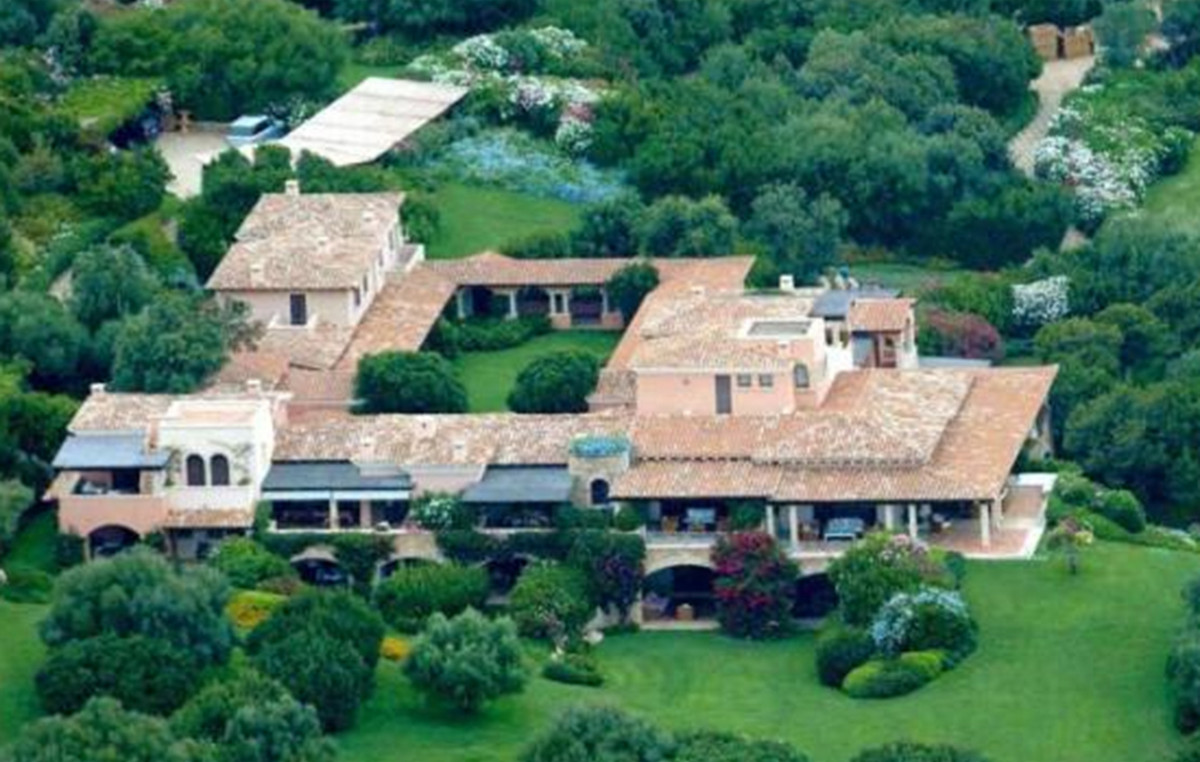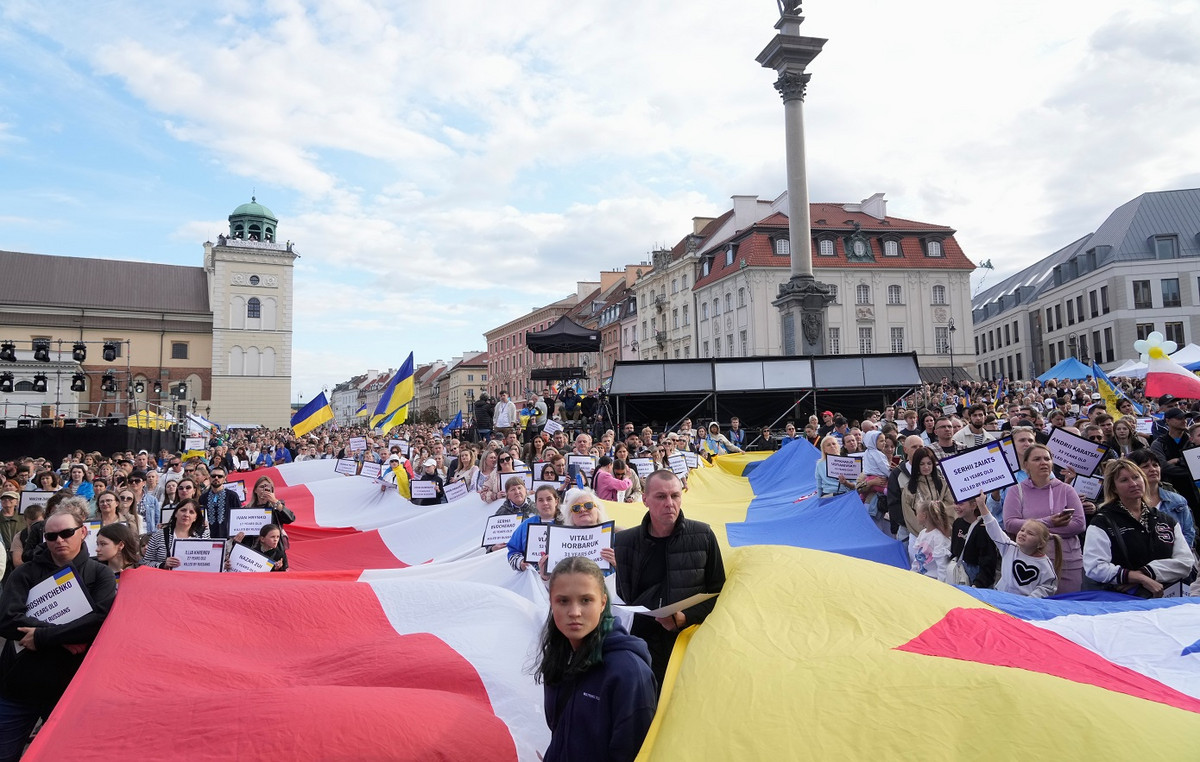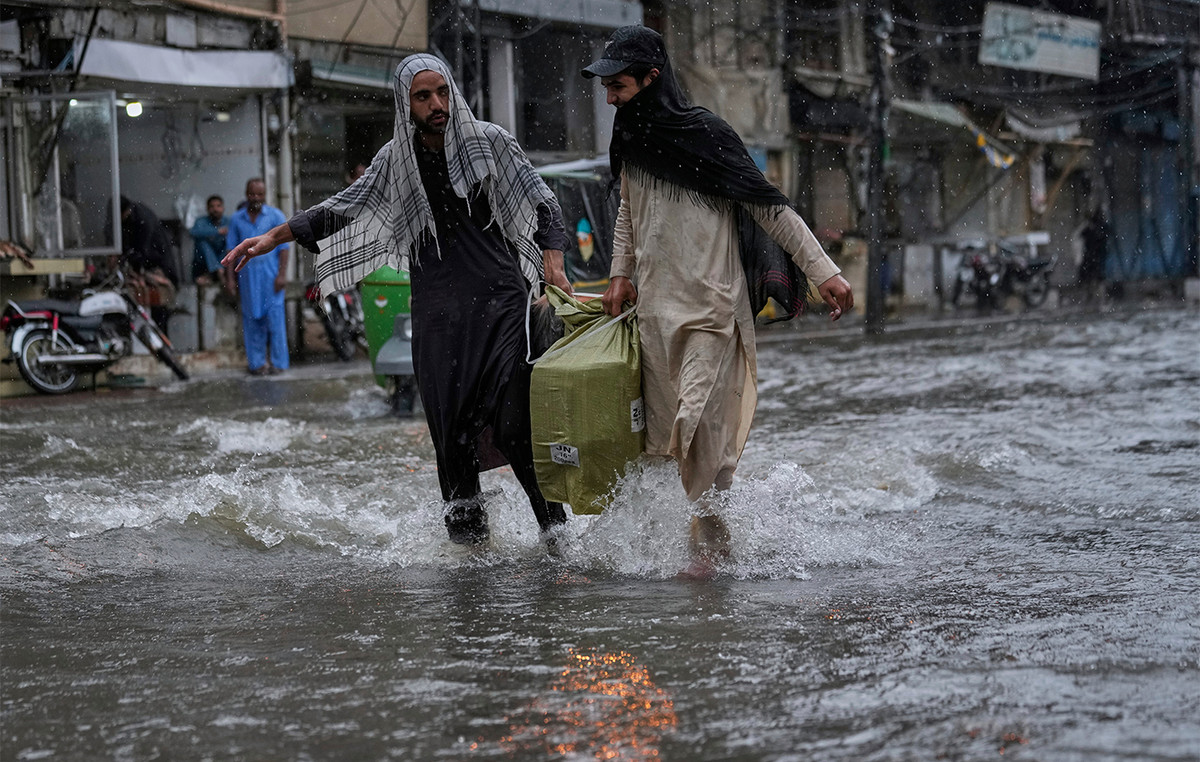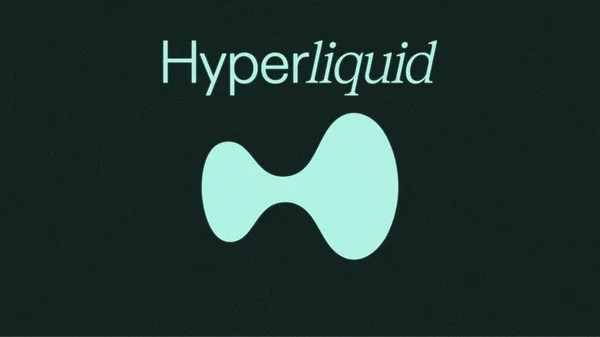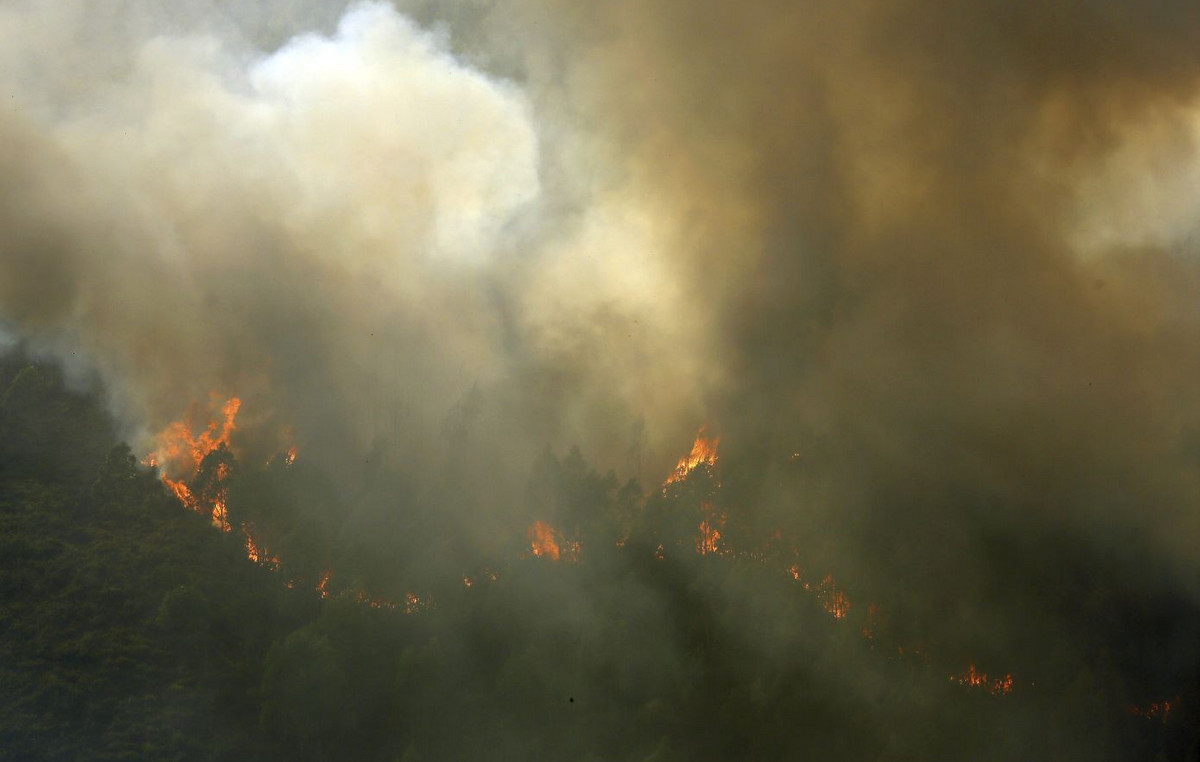Celso Amorim, main international policy advisor to President Luiz Inácio Lula da Silva (PT), participated as an observer in the electoral process in Caracas, Venezuela.
In an interview with CNN In Spanish, the diplomat said that Venezuelan President Nicolás Maduro promised that the National Electoral Council (CNE) would deliver the results. However, almost a month after the elections, they have not yet been published.
Amorim highlights that the situation in the country is very problematic and insists on the possibility of repeating the elections with observation by the European Union (EU), something that was planned for the July 28 election, but which did not happen.
Before the Venezuelan elections, the CNE revoked the invitation to European observers arguing that, given that the bloc had not lifted the sanctions imposed on entities, companies and officials in the country, the decision was taken as an “exercise” of “sovereignty”.
Read below an edited version of the interview that CNN did with Amorim:
CNN: What are your readings about what’s happening in Venezuela today, considering it’s been several weeks since the elections?
Celso Amorim: I was in Venezuela during the elections, including with President Maduro the following day; the president of the National Assembly was also present, and I spoke about the need to have the minutes.
This is part of the Barbados agreement, accepting transparency on their part and, to dispel any doubts, it would be important to have the minutes.
He told me it would be a matter of days, a few days, he even added, “as it always is.” But, well, we don’t have them yet.
On the other hand, we have the opposition’s minutes, but I also don’t think it’s right to base the recognition of a president on minutes that are in the hands of the opposition, of a party, and not of the National Electoral Council. Even though we know that they are copies, I don’t think it’s right.
CNN: Did Nicolás Maduro make this promise directly to you that the minutes would be released in a few days?
Amorim: We will have to think imaginatively.
We faced a situation, it was not identical, the facts were not the same, but a very difficult situation after the attempted coup d’état in 2002, and in 2003 we created a group of friends who analyzed the situation and made proposals that both sides accepted and, in that case, it was a recall referendum.
That is not the case now, but it will require some imagination and also tolerance on both sides, because this is a very serious issue. It is not just about who won an election; there is a very deep division, and it seems to me that national reconciliation is needed.

CNN: Could this exercise of imagination go as far as calling for new elections in Venezuela?
Amorim: This has already been discussed, but they cannot say that it is a proposal from Brazil, because it should not be a proposal from Brazil or another country, there must be a dialogue from which a solution can emerge.
That could be it, I don’t know if it would be enough, it would have to be part of a package, as President (Gustavo) Petro said at X, that has reciprocal guarantees between the government and the opposition. Not only the guarantee of non-persecution, but also guarantees of participation in the electoral process.
Parliamentary and regional elections are scheduled for next year. It is very important that… There are more than two parties, but that both main sides can participate freely.
CNN: This idea of repeating the elections, at least in the first official reaction of the opposition, for example in the case of María Corina Machado, was not well received. Is there another way?
Amorim: The key is dialogue, and in dialogue there must be a package. For example, the EU would be a good entity to monitor the elections. They were invited, but the invitation was withdrawn because the EU maintained the sanctions.
So there must be tolerance, there must be no arrogance from those who want to help, because it is essential to remember that Venezuela is an independent country. We are trying to help, as we did 20 years ago with the recall referendum, but not to intervene, not to prescribe, saying “do this”.
CNN: The main opposition leader, María Corina Machado, does not want new elections. What do you think about that?
Amorim: I don’t understand. If both sides say they won, why not hold another election where they can avoid the problems that they say plagued this election? If she won, she’ll probably win again, right?
I’m not questioning Corina (Machado) or anything like that, I’m saying that dialogue is important, tolerance is important.
In the case of Venezuela, there is a very deep division, it seems that there are almost two countries, that is not possible. There must be dialogue, and friends of dialogue can be present.

At that time… I’m not saying that the solutions are the same, but the Friends of Venezuela group was created, which included Brazil, for example, which had a good dialogue with (Hugo) Chávez, but also the United States and Spain, which had even recognized the coup d’état.
CNN: Do you believe Maduro would eventually concede defeat in a second election?
Amorim: If there is real supervision… But for that, it would be important for the EU to lift the sanctions. If there is real supervision, the problem will not arise, because the supervision itself will avoid the doubts that exist now.
CNN: I’m going to ask you a question that seems personal, but is political. When you saw Nicolás Maduro face to face and he promised you that the electoral records would be released in a few days, did you believe him?
Amorim: I’m 82 years old, I have a sufficient degree of political skepticism, but I also have confidence in human beings, so I preferred to believe. I’m not accusing anyone of anything, but that’s the fact.
CNN: What is your opinion and that of Brazil on the reports of arbitrary detentions and even of people whose whereabouts are still unknown after the elections?
Amorim: I don’t know the details of the arrests. Of course we are against all types of political arrests and I hope that this will also be resolved in a context of reconciliation and dialogue, because there is no other way to deal with this.
Countries like Colombia, Brazil, Mexico too — but Mexico is now in transition, so it’s more difficult — but we’re there. And any country outside the region, as long as it’s not arrogant.
CNN: Could Brazil’s historical position on Venezuela change if everything continues as it is and the electoral records do not appear?
Amorim: Brazil’s historical position is to help find a solution.
At the time, Chávez came to us because he wanted us to help him; he wanted a group of friends of Chávez more than friends of Venezuela, and the president (Lula) told him this, in exactly these words, to President Chávez.

Finally, a group was created that was composed of Brazil, but also the United States, Mexico, Chile, Spain and Portugal. So, there were people closer to Chávez and people closer to the opposition.
This allowed us to reach a conclusion that was precisely applicable in that case: the recall referendum. Chávez won by a very large margin.
Now, I don’t know, you asked about new elections, maybe, who knows? I can’t say for sure that it’s that, but yes, dialogue, which could be a dialogue with facilitators, thinking a little outside the box, we could reach that agreement.
You ask me if I am optimistic, in this case… We have to always be optimistic, but it is very difficult. I don’t want to simplify the situation.
CNN: Is this optimism you refer to also shared by President Luiz Inácio Lula da Silva?
Amorim: This is very personal, but if Lula wasn’t optimistic, he wouldn’t be where he is now, after being completely unfairly put in prison.
He managed to prove that he was innocent and was elected for the third time by the Brazilian people. He is the first president to be reelected for the third time in Brazil, without changing any rules.
CNN: Is it possible to continue being friends with a country that does not have transparent elections, if this is proven?
Amorim: Venezuela is Brazil’s neighbor. Friends are friends of neighbors. Neighbors should treat each other well. I hope we can find a solution that will allow for a good relationship with the Venezuelan government.
CNN: But you have neighbors who are friends with a significant portion of the population saying that these elections did not end with Maduro as president.
Amorim: We are friends of Venezuela, not of one side or another, we are friends of justice, of truth, and that is what we want.

CNN: What do you think happened to the electoral process that the government said would be completely transparent? At what point did everything become so complicated?
Amorim: I have no information to say when this happened. What I know is that when I met with the president, he clearly said that the CNE would publish the minutes in a few days and that did not happen.
They claim that there was hacking, I have no way of judging that. But in any case, it is not up to us to make a value judgment on each thing. We have to foster a dialogue from which a solution can emerge.
CNN: Would you be willing to return if the president of Brazil asked you?
Amorim: I am Lula’s advisor, I am not an advisor to Maduro or Edmundo (González Urrutia), but if Lula asks me, it is possible.
CNN: But could you be one of the negotiators, one of the valid interlocutors to try to move this process forward?
Amorim: Let’s let time pass and see how things turn out.
CNN: How long would be reasonable?
Amorim: When we talk about time, it seems like there is an ultimatum. This is always negative, because giving an ultimatum to a country and forcing it to do something is an invasion of its sovereignty. On the other hand, if an ultimatum is given and it is not fulfilled, we lose credibility.
Let’s keep talking, there will be a moment when there will be fatigue, I don’t know, but we haven’t exactly reached that yet.
This content was originally published in Venezuela: It is not correct to recognize a president with “minutes in the hands of the opposition”, says Amorim to CNN on the CNN Brasil website.
Source: CNN Brasil
Bruce Belcher is a seasoned author with over 5 years of experience in world news. He writes for online news websites and provides in-depth analysis on the world stock market. Bruce is known for his insightful perspectives and commitment to keeping the public informed.

